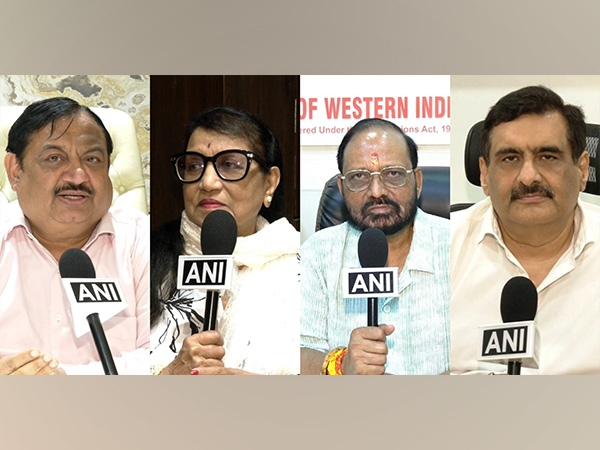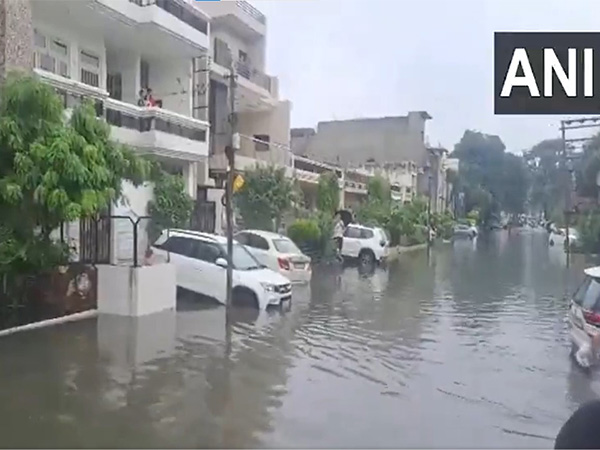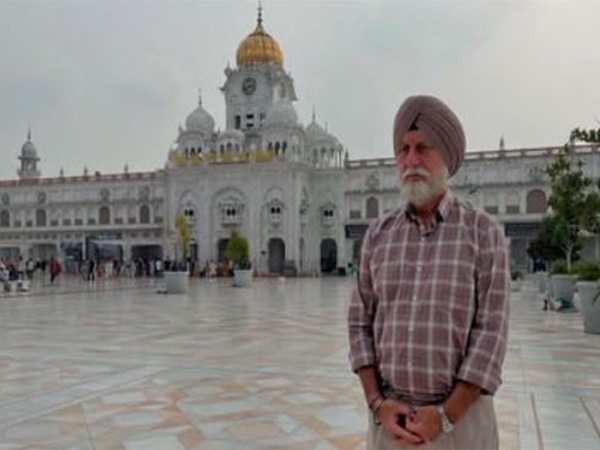Mumbai (Maharashtra) [India], September 2 (ANI): IMPPA and FWICE members have voiced concerns over paid media reviews after the Indian Film and Television Producers Council (IFTPC) on Tuesday threatened legal action against influencers engaging in ‘acts of extortion’ through negative reviews.
IFTPC issued a statement against certain social media influencers who “threaten to launch targeted campaigns designed to deliberately sabotage a project’s reception and commercial viability.”
IFTPC is “seeking legal opinion to protect producers against extortion by social media influencers”
The statement, shared by IFTPC on X, reads, “The Indian Film and Television Producers Council (IFTPC), the preeminent association representing the interests of over 375 leading film and television producers in India, after having observed over last few years, an alarming trend where certain social media influencers are engaging in predatory practices by threatening to release malicious and disparaging reviews or reaction videos of films, series, and other audio- visual content, coupled with demands for payment from producers.”
However, “It was observed” that if these demands are not met, “these influencers threaten to launch targeted campaigns designed to deliberately sabotage a project’s reception and commercial viability.”
Speaking on the issue, members of the Indian Motion Picture Producers Association (IMPPA) and the Federation of Western India Cine Employees (FWICE) shared their views, particularly regarding alleged paid media review practices in the industry.
Abhay Sinha, President of IMPPA, said, “No one should be allowed to pay for news coverage. It’s wrong and must stop. Filmmakers put in immense effort to create films, and such practices undermine their hard work.”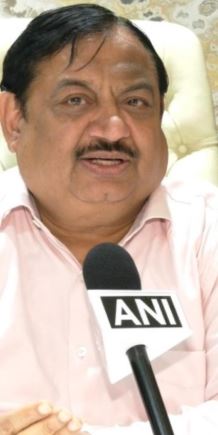
Sushma Shiromanee, Sr Vice President (IMPPA), also raised her concern.
“Do these people (influencers) even understand what films are or what kind of films should be made? They know nothing about filmmaking. Many producers get scared because this is a big business, and they want to avoid losses. If they don’t pay, negative things are written about them, leading to bad publicity. Maybe that’s why some choose to pay–I’m not saying they don’t,” Sushma Shiromanee expressed. 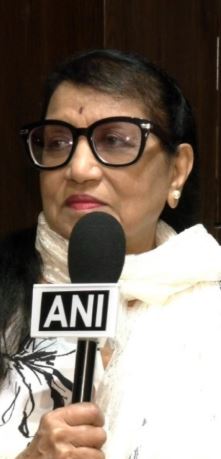
B. N. Tiwari, President of FWICE, believes producers share some of the blame too.
“We’ve been part of the film industry for 50 years. Earlier, reporters were invited with great respect. The press would come, watch the films, and share their opinions based purely on the content. But today, paid media has taken over. In a way, this isn’t entirely the media’s fault…it’s the producers’ fault too. Producers themselves created and encouraged people for fake publicity. Those who once complained now demand money, and many started writing only negative things. Today, I hear they take money to give reviews about your film. The truth is, it’s the producers who nurtured this system. The media used to be much better before,” B.N. Tiwari opined. 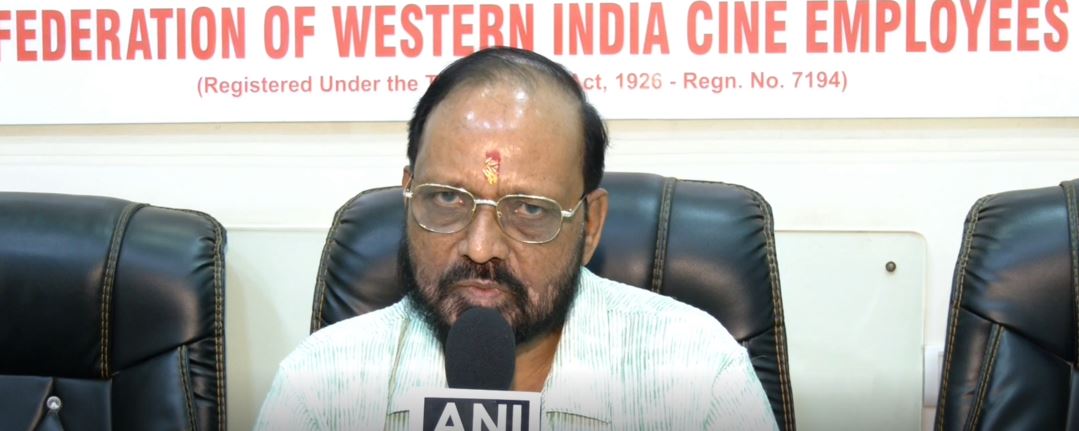
Manish Goswami, Vice President, Producer Guild of India, reflected on how journalists used to review films honestly.
“I believe the trend of paid reviews began only in the last 2-3 years. I clearly remember that 35-40 years ago, when films were made, there used to be just one PRO for the movie. He would visit the production office, and about a week before the release, a press conference would be held where the film was shown to the media. After watching it, journalists would share their individual opinions. If the film was good, they praised it; if it wasn’t, they criticized it. Their reviews were published in trade magazines and newspapers based on honesty,” he said.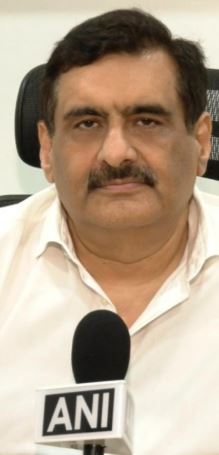
“But today, the situation has worsened. Some journalists and influencers now take money to promote films. Reviews are written without meaning, sometimes even a bad film is called ‘excellent.’ This trend is wrong. There should be a proper platform to name and expose such influencers and journalists. Those involved in such practices should be blacklisted,” Goswami added.
Here you can read the entire statement by
https://x.com/IftpcM/status/1962467607354974455?
While the IFTPC and its members are absolutely not against the “freedom of speech and welcome genuine, constructive criticism; the acts of extortion by some of these unscrupulous individuals go far beyond the purview of legitimate reviewing and are causing a grave threat to the creative and economic health of the Indian film & entertainment industry.”
Therefore, the IFTPC has “decided to seek opinions from top-tier legal counsels, to explore all available legal remedies under both civil and criminal laws to bring a swift and decisive end to these extortionate practices.” (ANI)
Disclaimer: This story is auto-generated from a syndicated feed of ANI; only the image & headline may have been reworked by News Services Division of World News Network Inc Ltd and Palghar News and Pune News and World News
HINDI, MARATHI, GUJARATI, TAMIL, TELUGU, BENGALI, KANNADA, ORIYA, PUNJABI, URDU, MALAYALAM
For more details and packages


